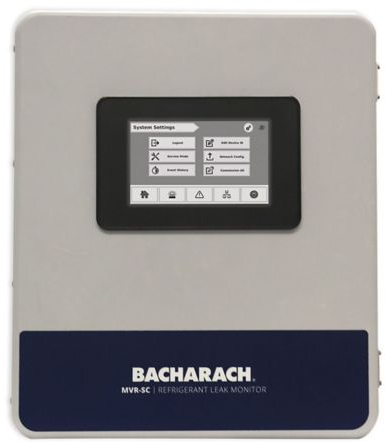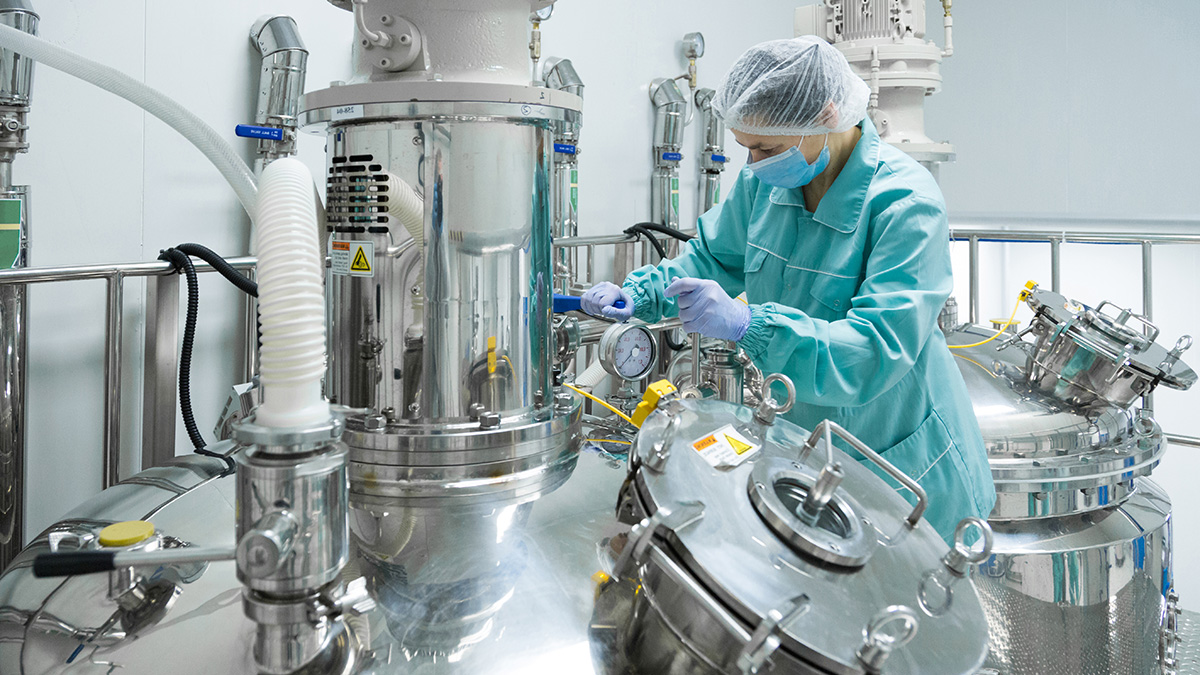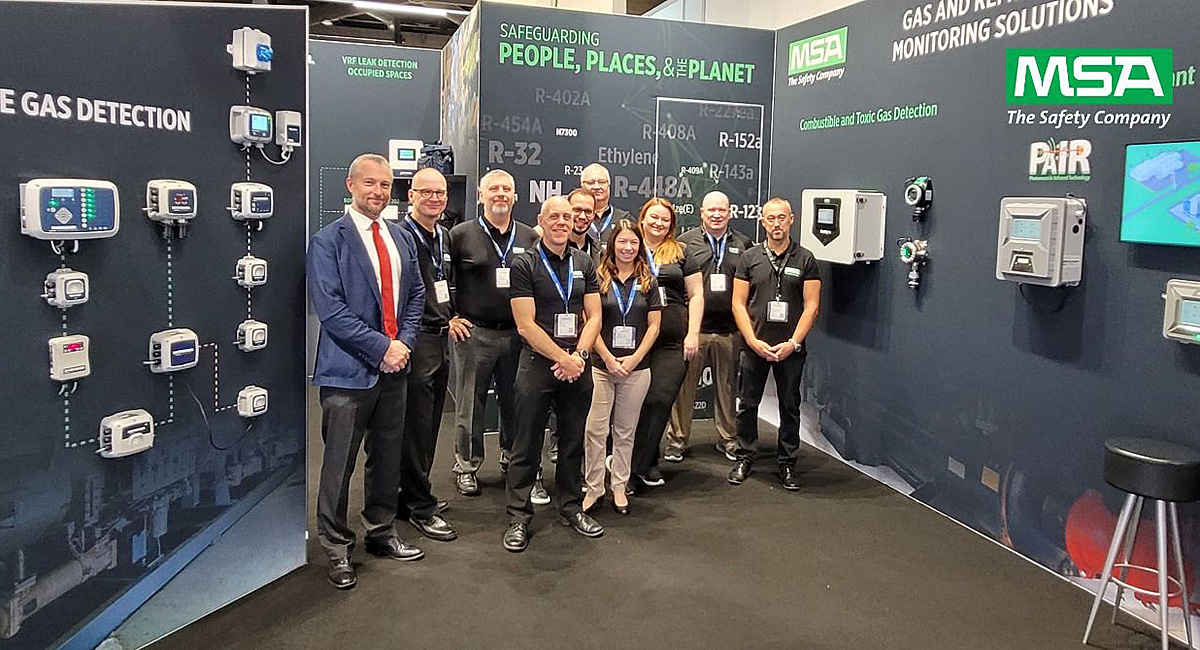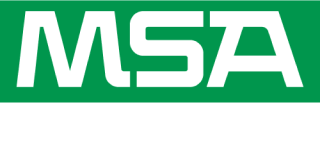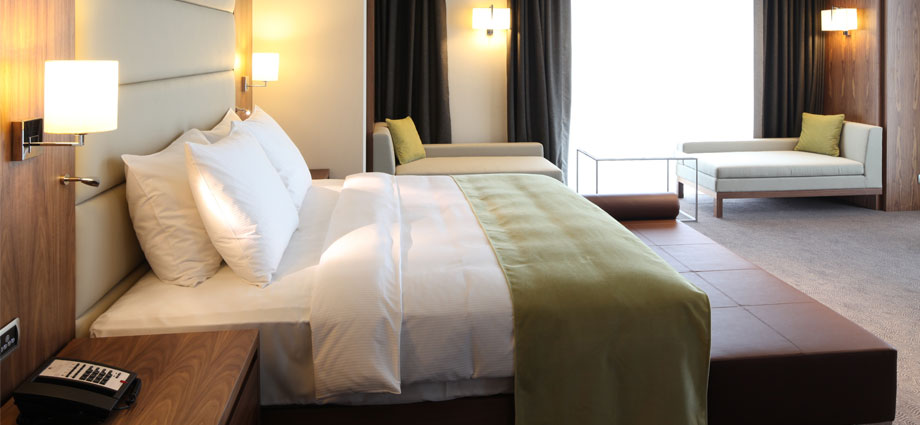
Variable Refrigerant Flow (VRF) systems have emerged as a game-changer in the HVAC industry, especially for dormitories and hotel rooms. These systems offer unique advantages but also come with specific considerations that facility managers and health and safety compliance officers should be aware of to help ensure the comfort and safety of occupants.
Pros of VRF Systems:
- Highly energy-efficient
VRF systems are highly energy-efficient, making them an excellent choice for dormitories and hotel rooms where energy costs can be substantial. They adapt seamlessly to varying loads, ensuring rooms are at the desired temperature, which translates into better comfort for residents and guests. - Precise zoning capabilities
VRF systems provide precise zoning capabilities, allowing individual control of temperature in each room. This not only enhances the overall experience but also contributes to energy savings as unoccupied rooms can be maintained at energy-saving levels. - Space-saving
Dormitories and hotels often deal with limited space, and VRF systems with their reduced ductwork requirements offer more flexibility in room design and layout. - Quiet
VRF systems operate quietly, ensuring a peaceful environment for rest and study in dorms and a comfortable stay in hotel rooms.
While VRF systems offer numerous benefits, they do have some downsides. One of the primary concerns is the initial cost, which can be higher compared to conventional HVAC systems. This may require careful budget planning for dormitory or hotel projects.
Additionally, the installation of VRF systems can be more complex and demands specialized expertise, potentially increasing project timelines.
Refrigerant Leak Risks:
Now, let’s address an important consideration for dormitories and hotel rooms – refrigerant leaks. When a refrigerant leak occurs in a VRF system, it can lead to various issues. Most importantly, some refrigerants used in these systems can be harmful to occupants and the environment when released, so dormitories and hotels manage them carefully.
Furthermore, a refrigerant leak can disrupt the system’s balance, causing increased energy consumption and operational costs. Reduced cooling or heating capacity can lead to discomfort for residents or guests, negatively impacting their experience.
Enhanced Safety with the MVR-300 Detector and Controller:
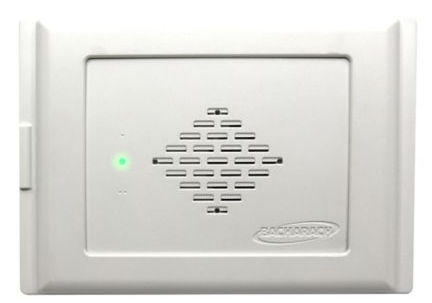
To help mitigate these risks, facility managers and health and safety compliance officers in dormitories and hotels can consider the MSA Bacharach® MVR-300™ Refrigerant Gas Detector. This innovative solution offers early leak detection, remote monitoring, and compliance assurance, helping ensure the safety of residents and guests, protect the environment, and maintain efficient system operation.
In conclusion, VRF systems have become a popular choice for dormitories and hotel rooms due to their energy efficiency, zoning capabilities, space-saving design, and quiet operation. However, the potential risks associated with refrigerant leaks should not be underestimated. By understanding the benefits and challenges of VRF systems and investing in safety measures like the MVR-300, facility managers can help create a comfortable and safe environment for dormitory residents and hotel guests alike.
